%20(1800%20x%201166%20px)%20(19).png)
Our history
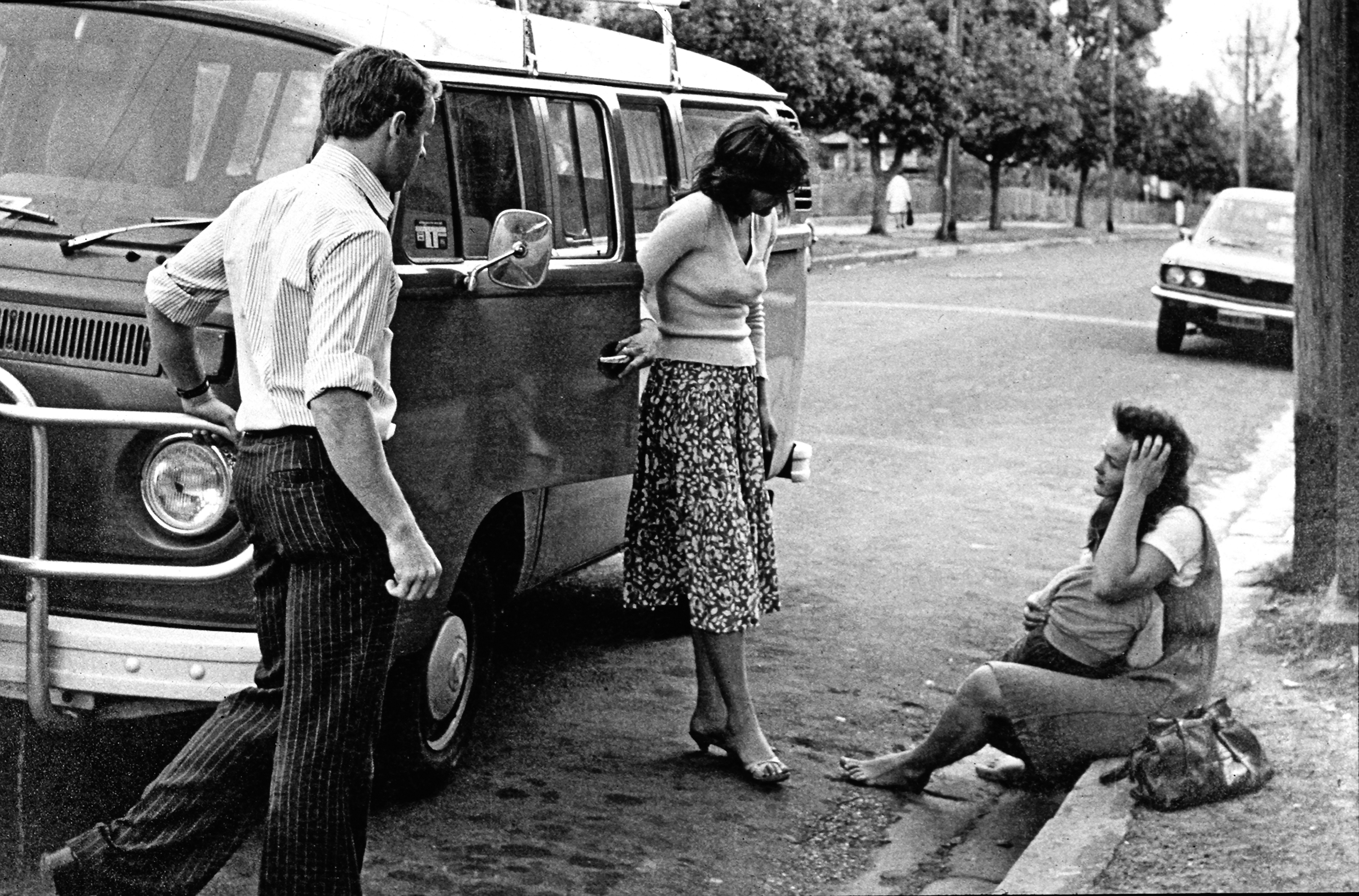
From small beginnings, a lasting mission
When a convicted felon, a lawyer and a school teacher first came together in 1815 on a mission to do more good, they had no idea their work would continue for two centuries and counting.
More than 200 years later, the mission they began is stronger than ever.
History at a glance/our history in photos/snapshots from the past
Key dates
Methodist beginnings
Edward Eagar (a convicted felon), John Hosking (a lawyer) and Thomas Bowden (a school teacher) ask the Methodist church in England to send a minister to Australia.
Australia’s first Methodist minister, Rev Samuel Leigh, arrives in 1815 and begins holding church services in The Rocks, Sydney.
Methodism is a Christian Tradition founded on the work of John Wesley (1703-1791). It emphasises the transformative effect of Christian belief on people, and the call to charity. Wesley’s belief in ‘doing all the good you can’ inspired our mission.
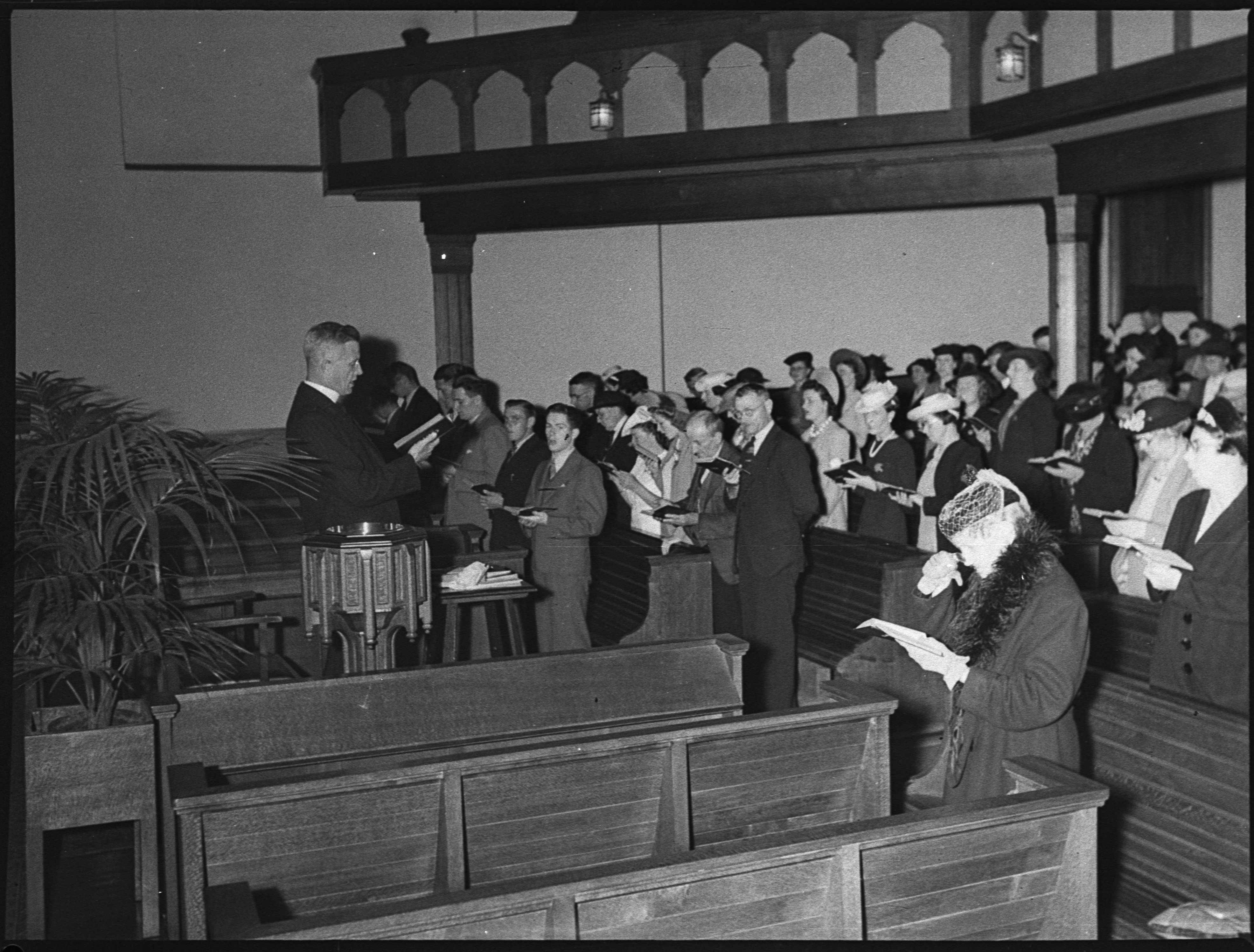
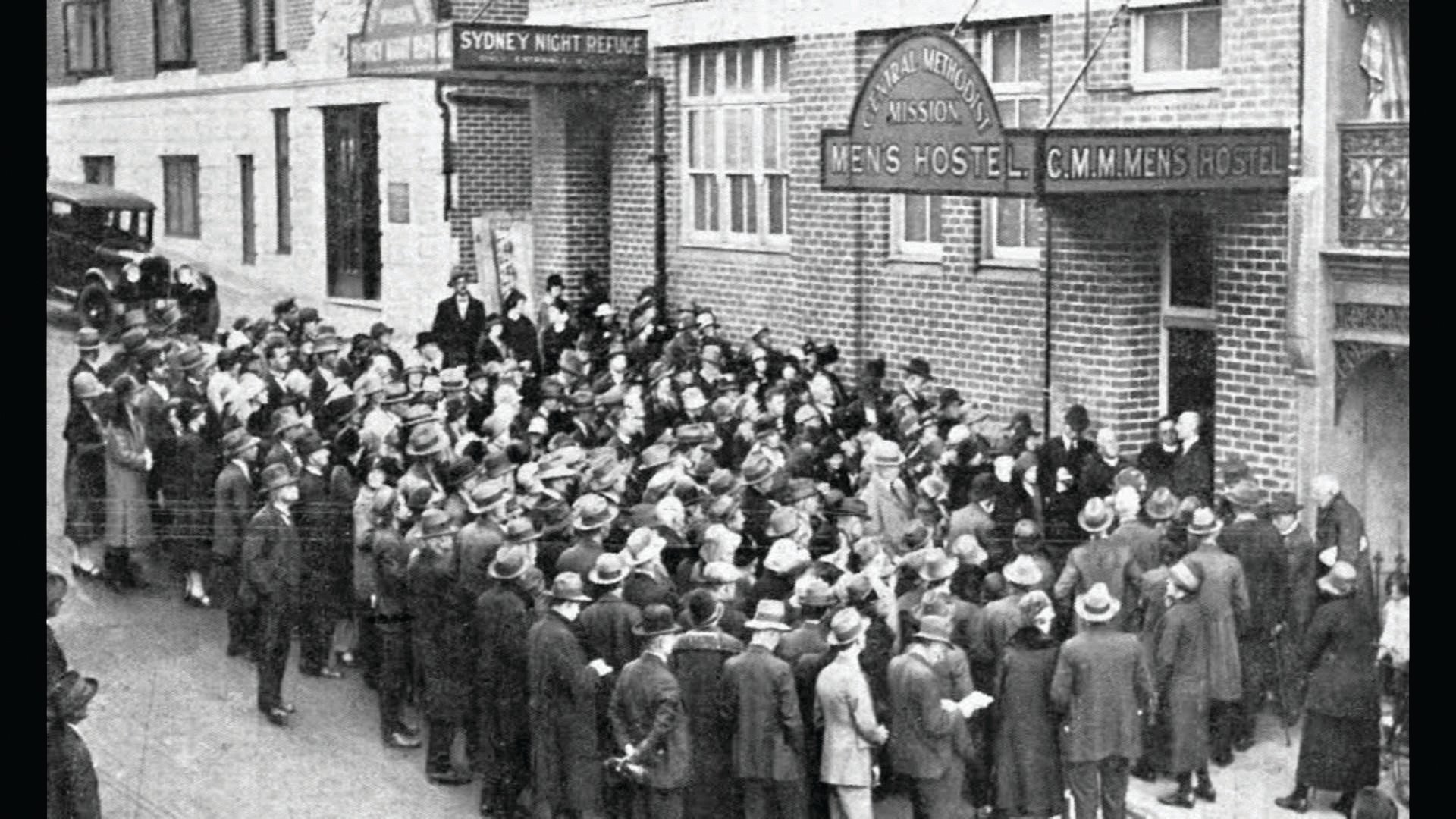
A growing mission to fight inequity
- In 1819, Rev Leigh’s church begins its mission to fight inequity and support those in need, opening a house in Sydney that accommodates people who are poor and unwell.
- 1866 sees the opening of the church’s Sydney Night Refuge for homeless men. William Taylor becomes Superintendent of the church, renaming it Central Methodist Mission.
- In 1890, the mission opens its first employment centre and its Sisters of the People centre to help vulnerable women and children. A few years later, it opens the Waverley House home for children in Woolloomooloo (later to become Wesley Dalmar Foster Care).
- To help people facing alcohol addiction, the mission opens its first medical institute in 1897.
Expanding support for people facing disadvantage
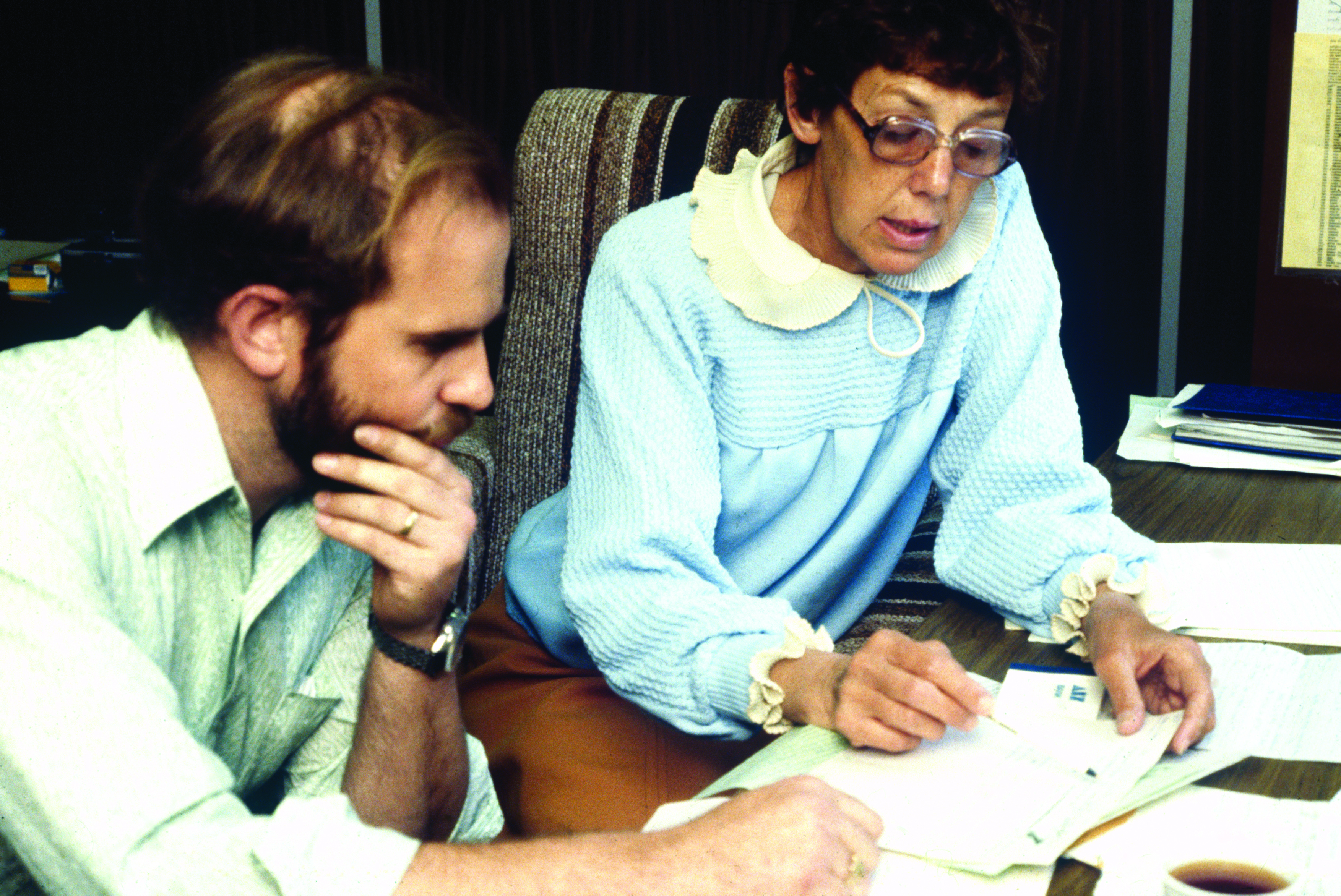
Moving to Pitt Street in 1905
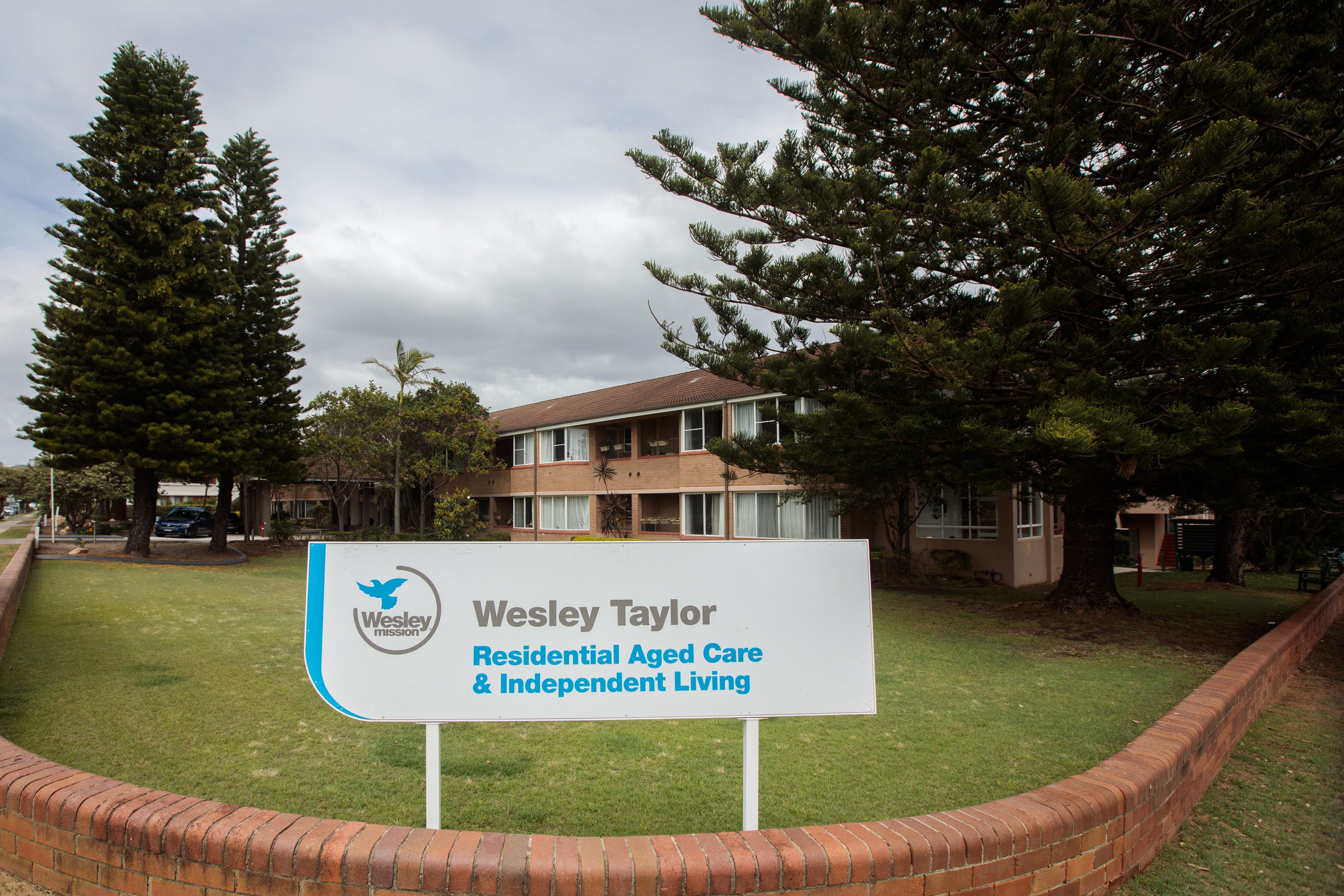
Opening Taylor Village and responding to the Great Depression
In 1928, Taylor Village opens - the mission’s first aged care service.
When the Great Depression hits, the mission continues its intense social work, with a focus on addressing unemployment, poverty and hardship.

Supporting people through and after World War II
The mission supports the war effort and troops, and expands its much-needed services for the elderly, for children and for men.
During rapid change, the mission is more relevant than ever
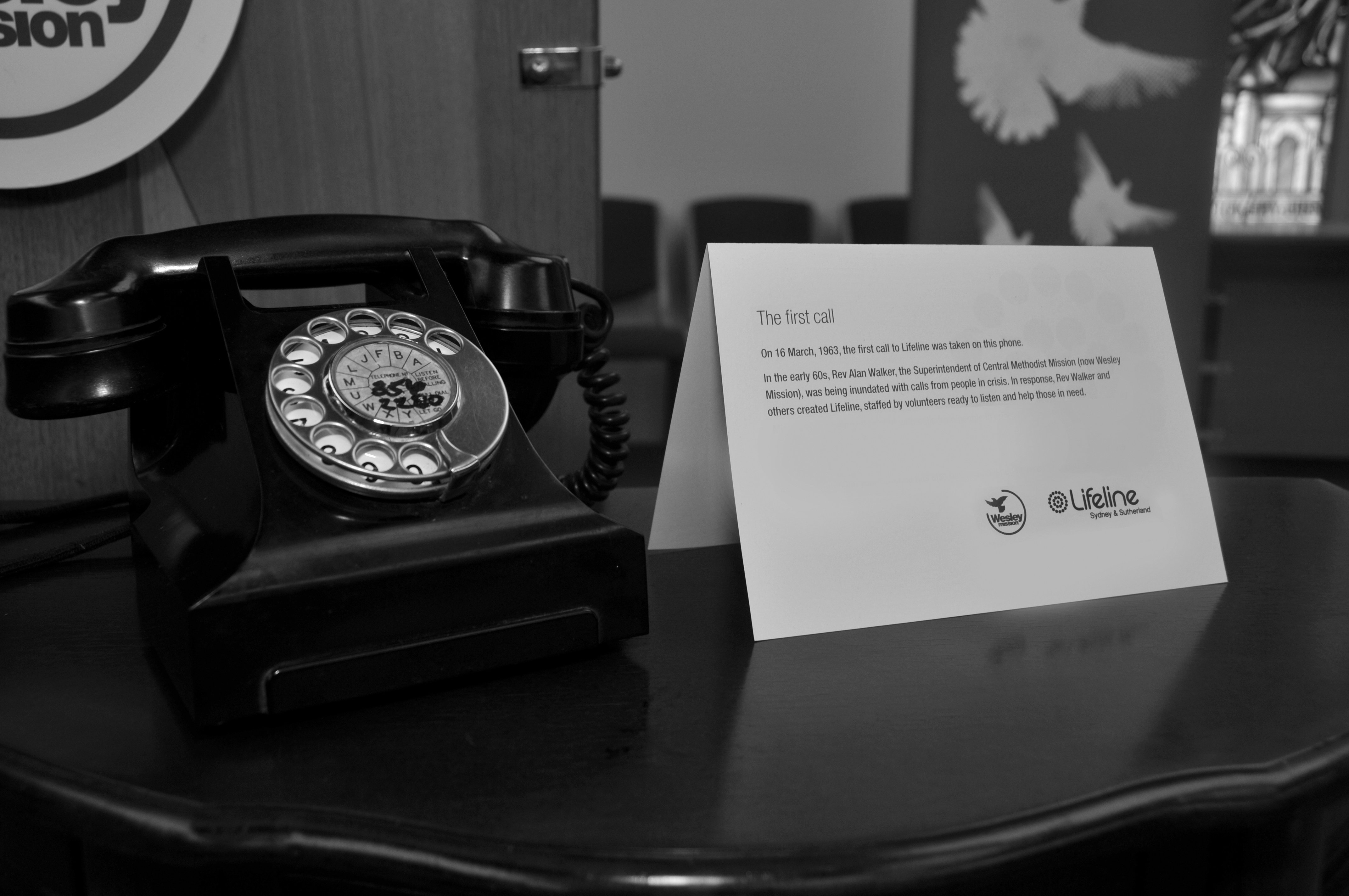
A new focus on mental health and disability support
The launch of Lifeline in 1963 is a milestone innovation. It is the world’s first telephone counselling service to provide support to those struggling with depression and mental health challenges.
In the same decade, helping people with disabilities becomes a focus, first through disability accommodation services, then through an employment program.

Launching the School for Seniors in 1969
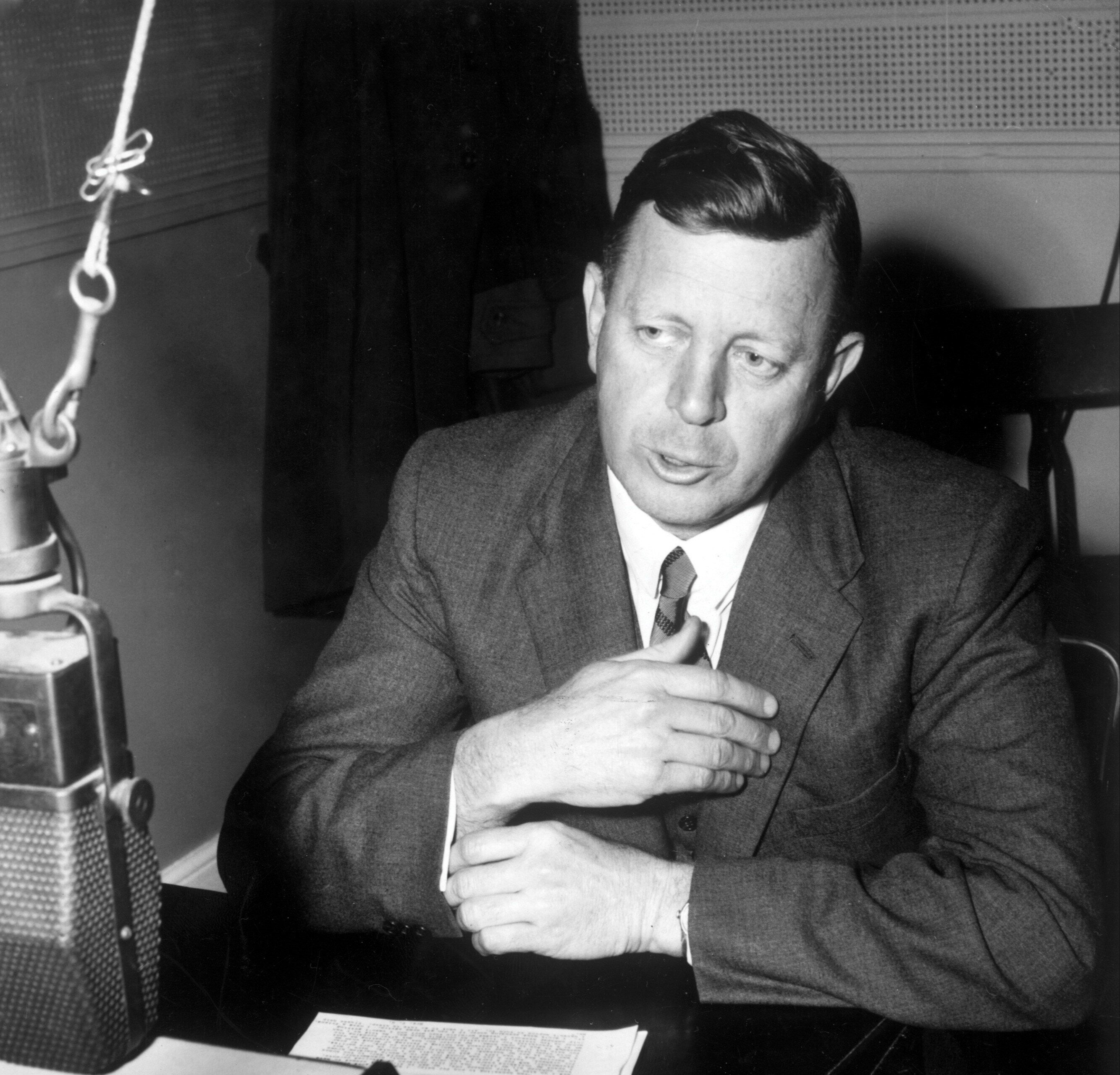
Joining the Uniting Church in 1977
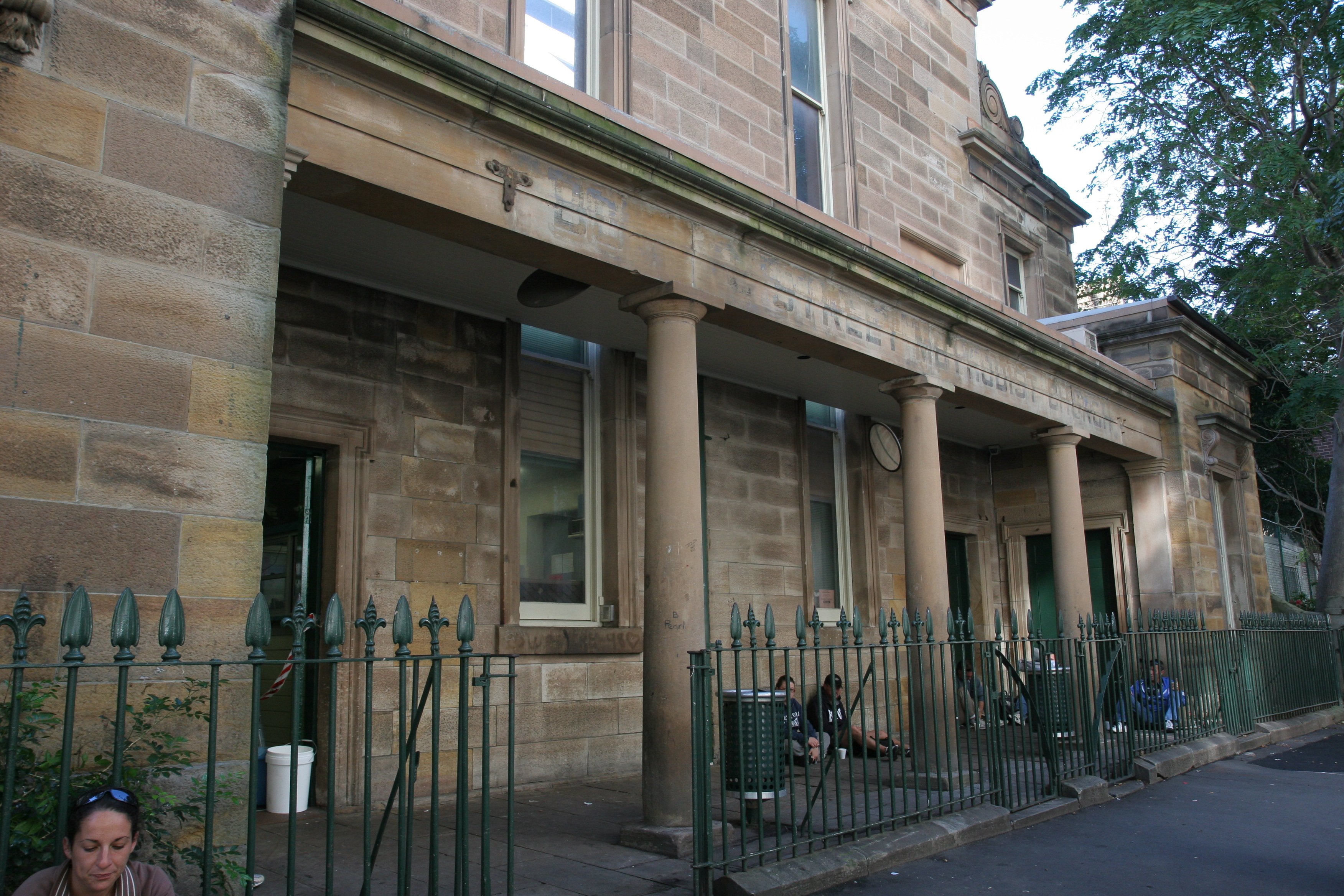
Expanding homelessness services with the opening of Edward Eagar Lodge in 1979
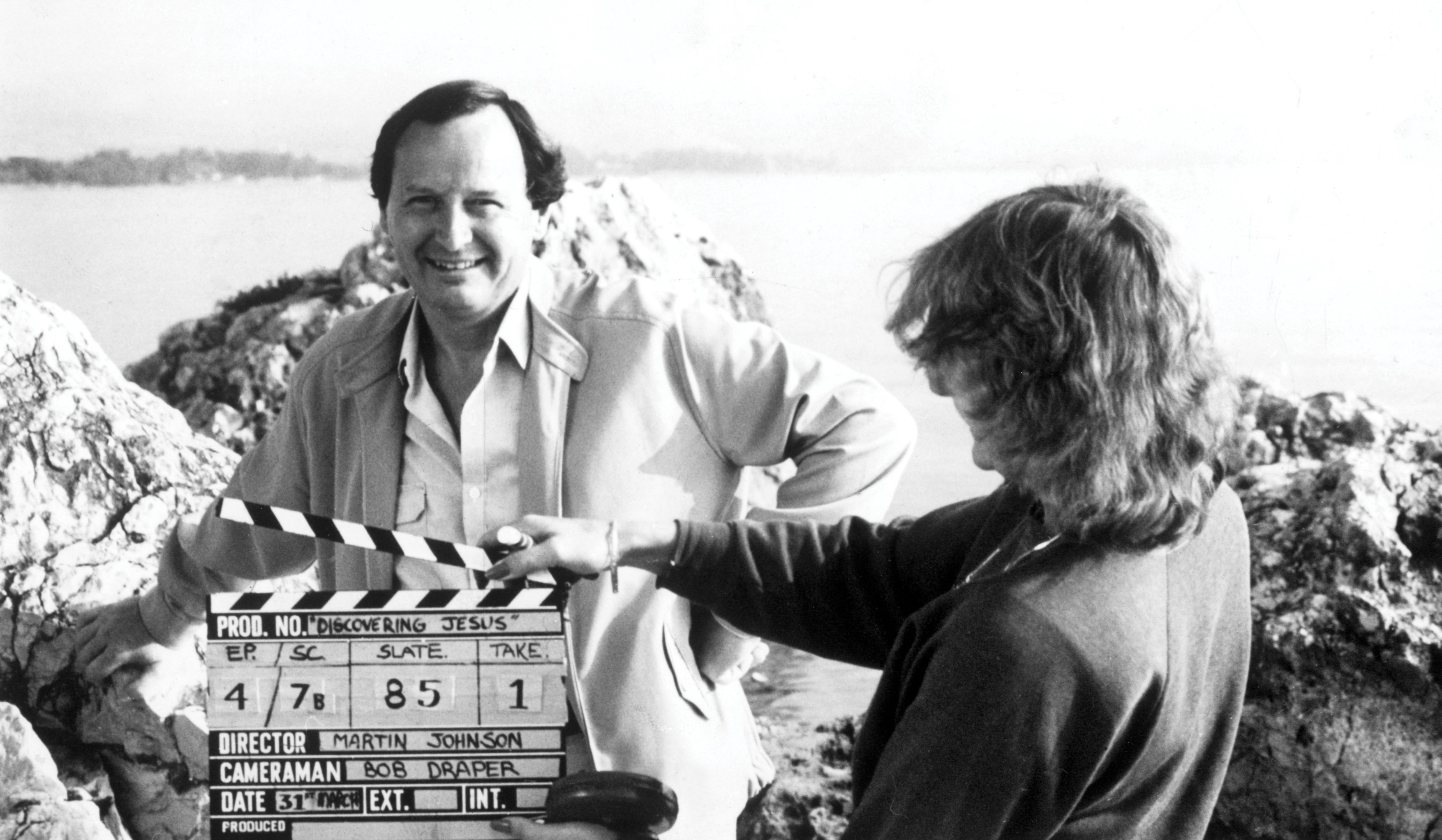
Speaking out for change

Becoming Wesley Mission in 1994
An unchanging mission to do more good
Wesley Mission continues to expand and evolve to meet the ever-changing needs of the community, always focused on our mission to do more good.
- In 2004, the Noreen Towers Community opens in Ashcroft in response to a high rate of homeless families in the area.
- We launch The Wesley Report series in 2006, to raise awareness and recommend action on social problems in the areas of mental health, homelessness, financial stress, and children and families.
- We also launch a new financial literacy program, In Charge of My Money in 2011 and take over the operations of a respected child mentoring charity, called Aunties & Uncles.
- 2012 marks 200 years since the first Methodists pioneered our history of caring.
Today we continue to serve the most vulnerable in our communities and show the practical love of Jesus Christ through our services and congregations.

Want to be part of shaping our future?
Be part of our team of 2,000 staff and 1,000 volunteers.


